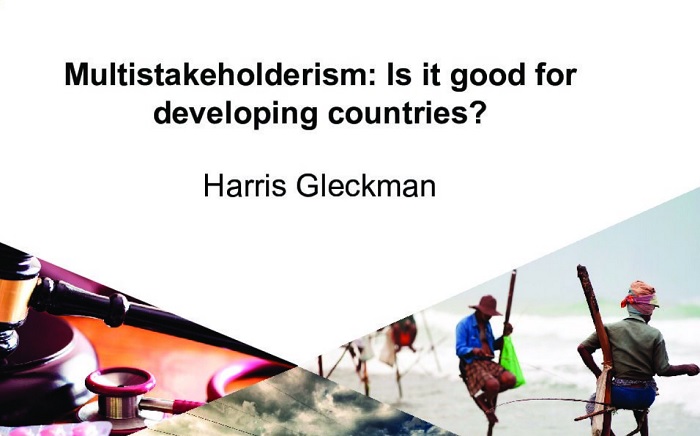Multistakeholderism: Is it good for developing countries?
The preparations for the September 2024 Summit of the Future (SOTF) are well underway. In this process, the UN Secretary-General and most OECD countries argue that multistakeholderism should now be accepted as a part of global governance and multilateralism. This paper argues the opposite: multistakeholderism undermines multilateralism and limits the role of developing countries in global governance.
Download: Multistakeholderism: Is it good for developing countries? (PDF)
Global governance operates via a common narrative, a set of institutions, and the exercise of power. The first section of the paper provides the background to the World Economic Forum’s role in developing the narrative and the preliminary efforts of transnational corporations (TNCs) and major Northern NGOs to build an institutional structure for multistakeholderism. The first section also locates these developments in the context of TNC pressures on the UN and developing countries, going back 50 years to President Allende’s appeal to the General Assembly and UNCTAD.
The second section identifies six fundamental challenges presented by multistakeholderism to multilateralism and G77 governments.
(a) an erosion of sovereignty
(b) the outsourcing of global governance
(c) a decline in accountability and trust in the international community
(d) a shift in implementation from OECD governments to TNCs based in OECD countries
(e) a narrowing of the range of policy directions to those that are compatible with a commercial return; and
(f) a corruption of diplomatic language by masking the legitimate difference in governance actors as equivalent ‘stakeholders’
After an in-depth analysis of each challenge, the paper concludes with a menu of multilateral options to respond today and in the context of the SOTF to multistakeholderism’s intrusion into global governance. The choices include counter-moves on the political level and on the procedural level, the combination of which allows governments to create a variety of counter-strategies.



